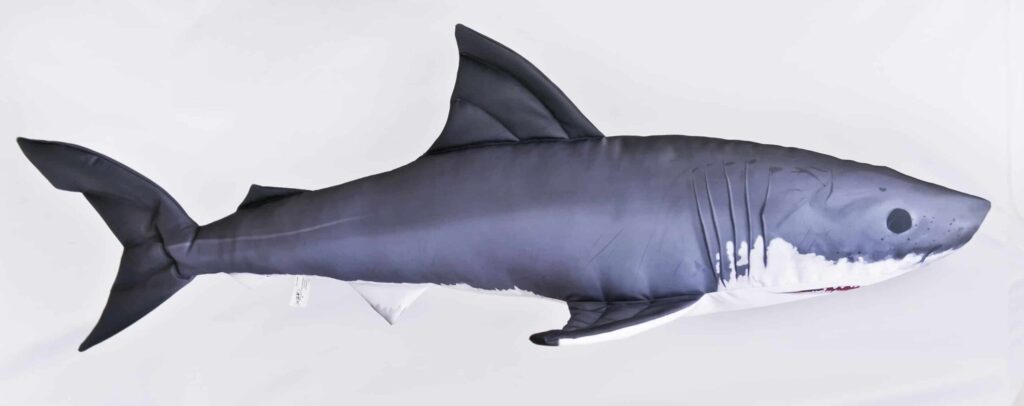
Introduction
Great white sharks, scientifically known as Carcharodon carcharias, are one of the ocean’s most iconic predators. Their reputation as fearsome hunters has captivated public interest, but their role in marine ecosystems is vital. Understanding these magnificent creatures is essential not only for conservation efforts but also for maintaining the health of our oceans.
Current Status of Great White Sharks
Recent studies indicate that great white shark populations have faced significant declines in various regions due to overfishing and habitat loss. According to the International Union for Conservation of Nature (IUCN), great white sharks are currently listed as vulnerable. In the Pacific, populations have seen up to a 70% depletion over the past few decades, mainly due to illegal fishing practices and hunting.
Recent Events and Conservation Measures
In light of their declining numbers, conservation initiatives have gained momentum. For instance, in 2023, the Canadian government introduced new regulations aimed at protecting great white sharks in Atlantic waters. This includes designated marine protected areas (MPAs) which provide safe habitats free from harmful fishing activities. Collaborative efforts, such as those led by researchers from Dalhousie University, study the migratory patterns of these sharks and raise public awareness about their ecological importance.
Moreover, organizations like Oceana and the Shark Research Institute are conducting public campaigns to promote the significance of great white sharks. These campaigns are designed to educate the public on the ecological roles of apex predators and the unique behaviors associated with great whites, such as their hunting strategies and social structures.
Conclusion
Great white sharks play an indispensable role in maintaining the balance of marine ecosystems. Their decline reflects broader environmental challenges that threaten biodiversity and ocean health. As we advance conservation measures and promote awareness, it’s crucial for communities, policymakers, and researchers to work together to ensure the survival of this iconic species. By fostering a greater understanding of great white sharks and their importance, we can enhance conservation efforts and advocate for sustainable practices that protect our oceans for future generations.



